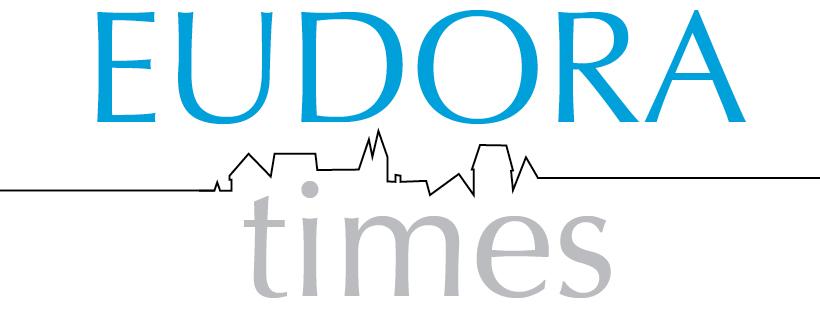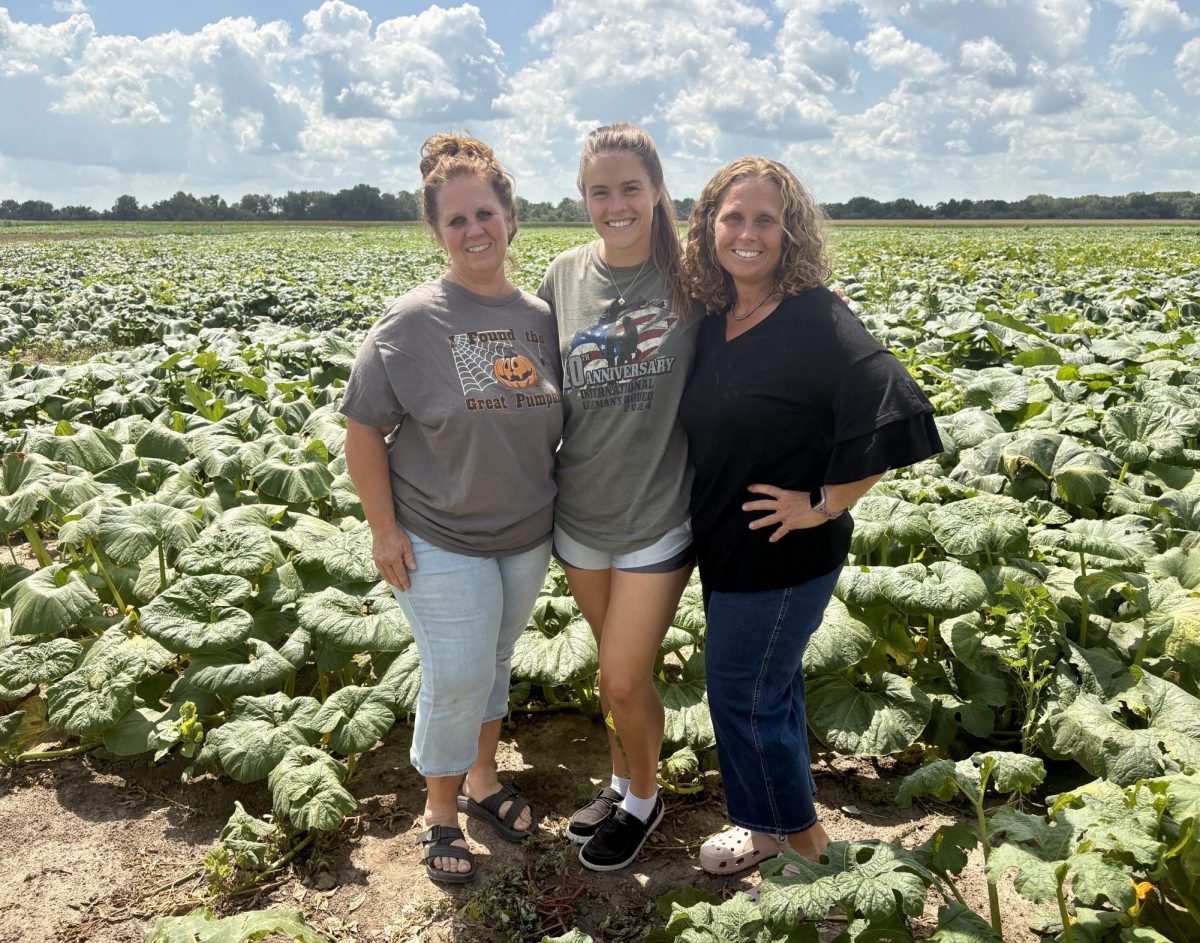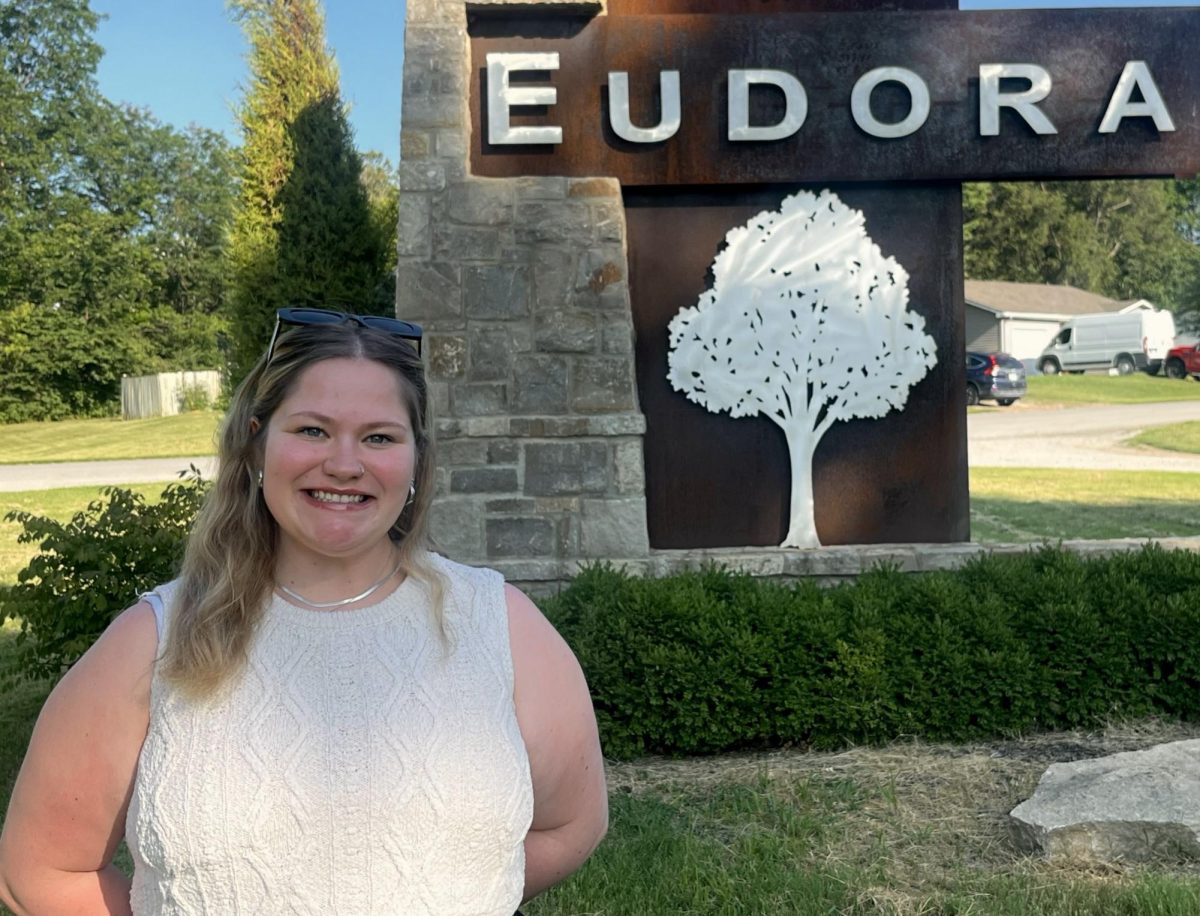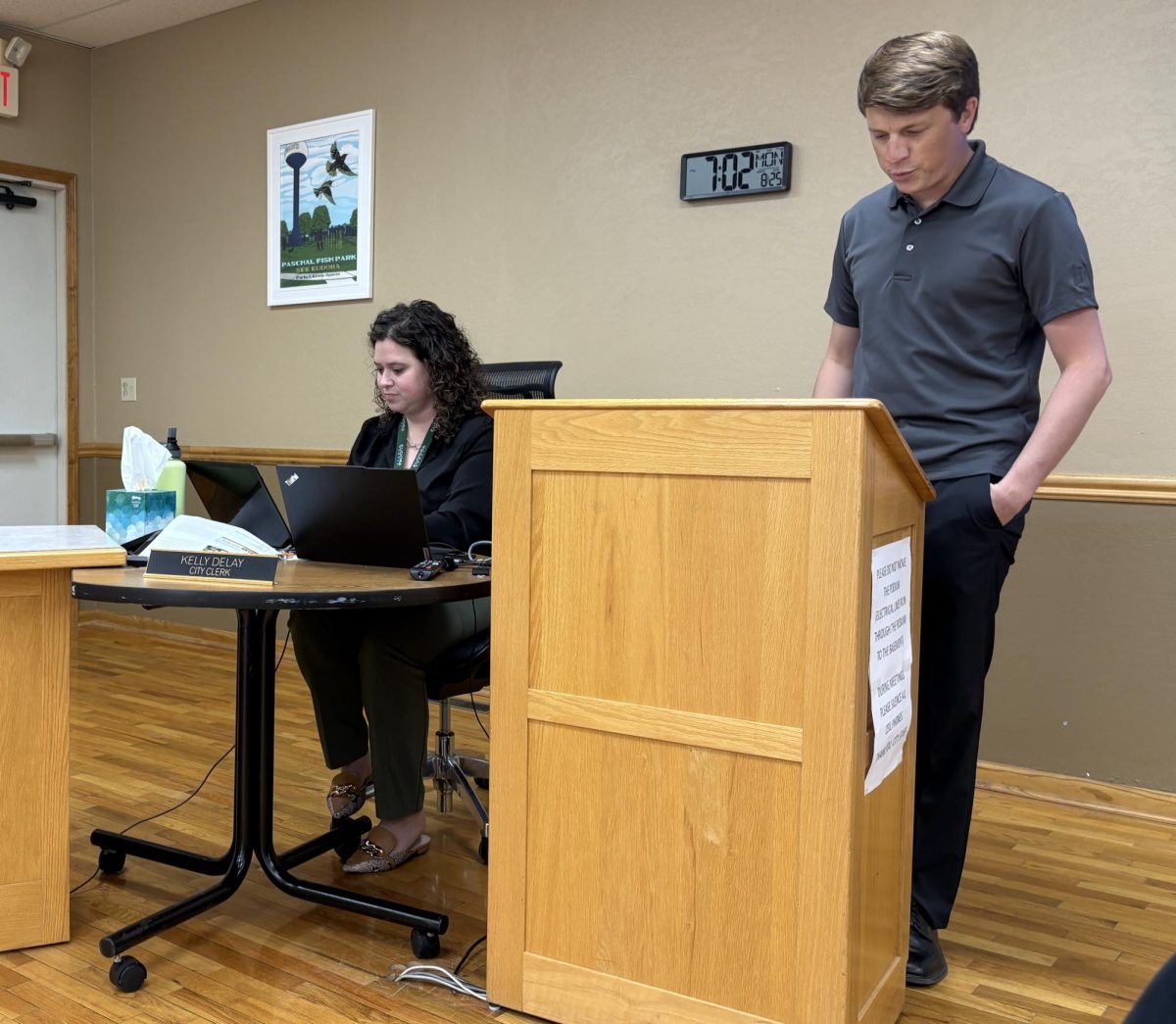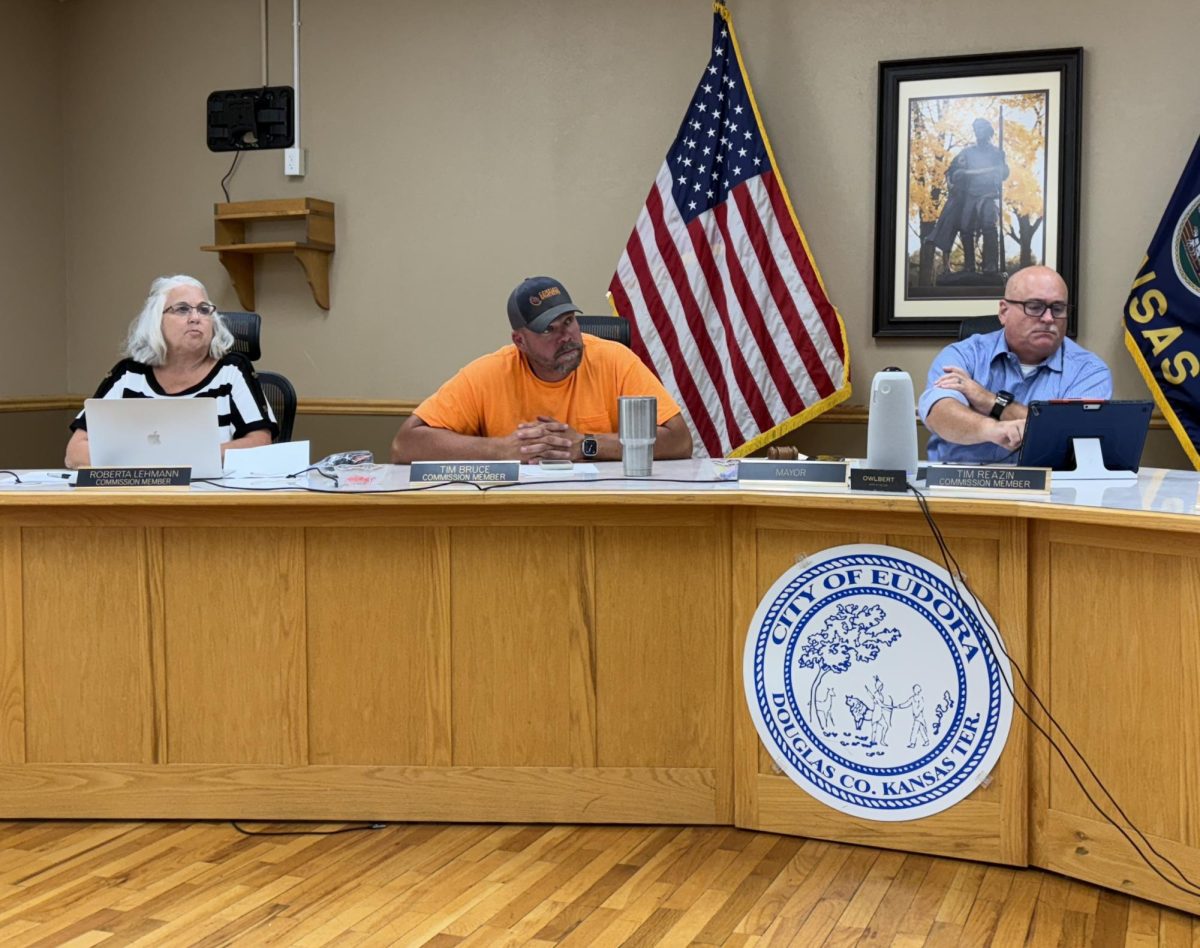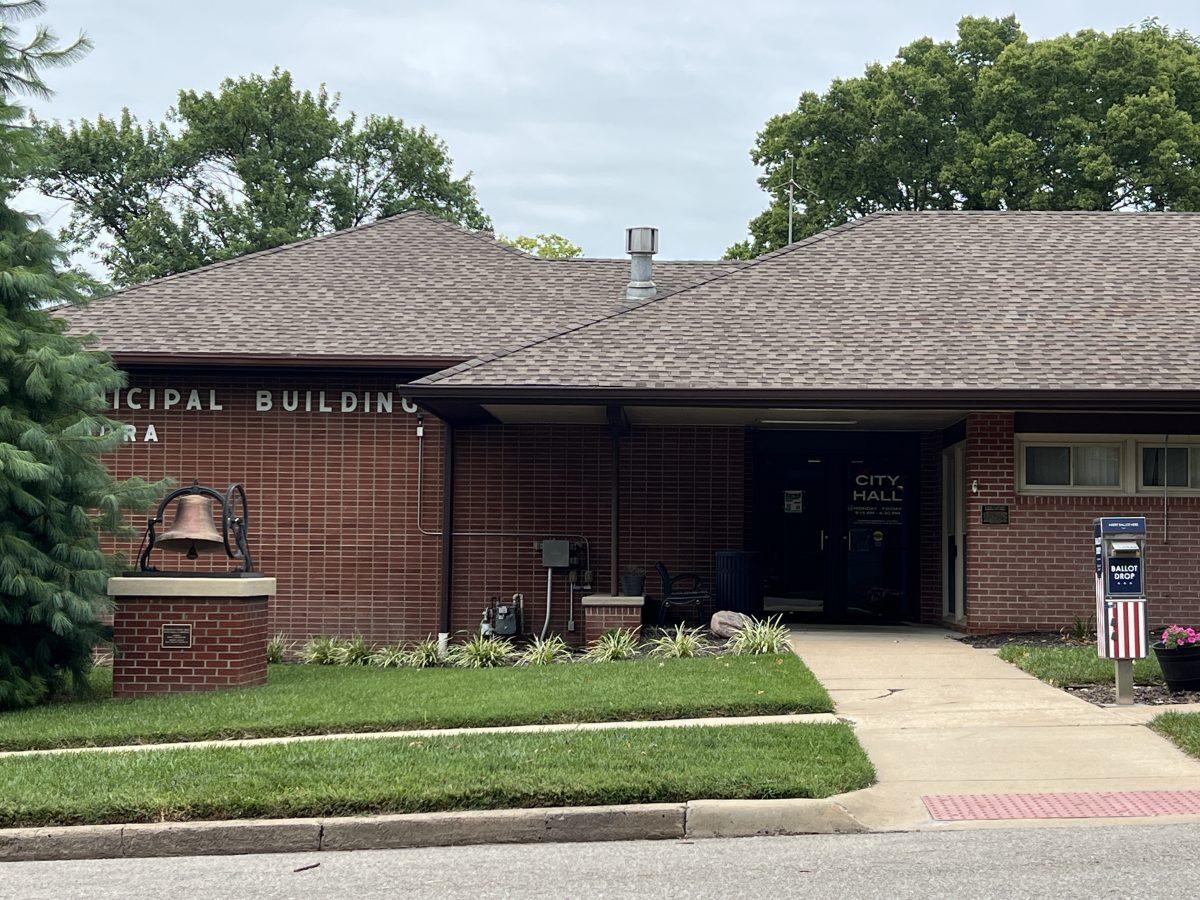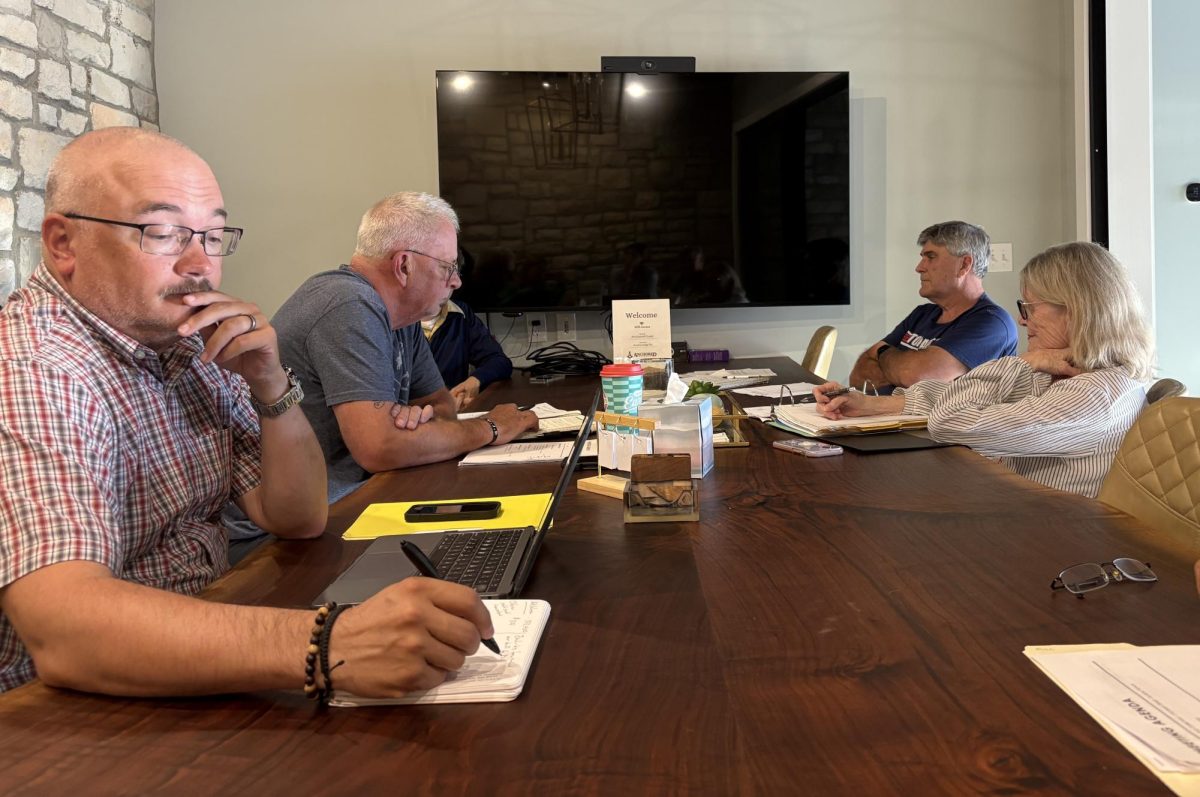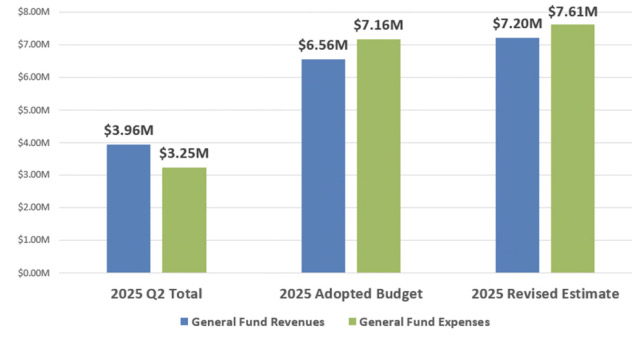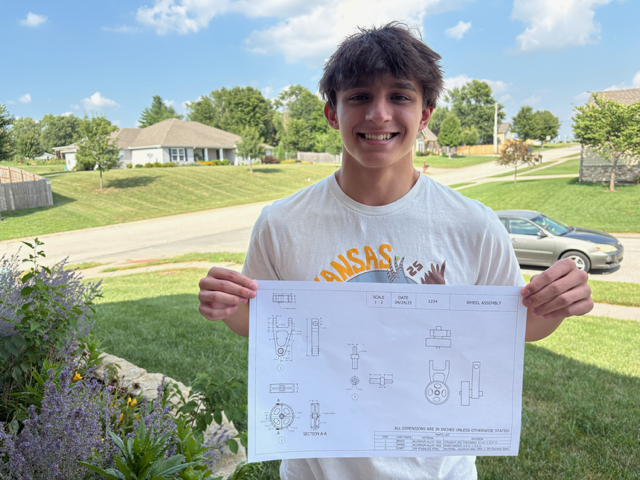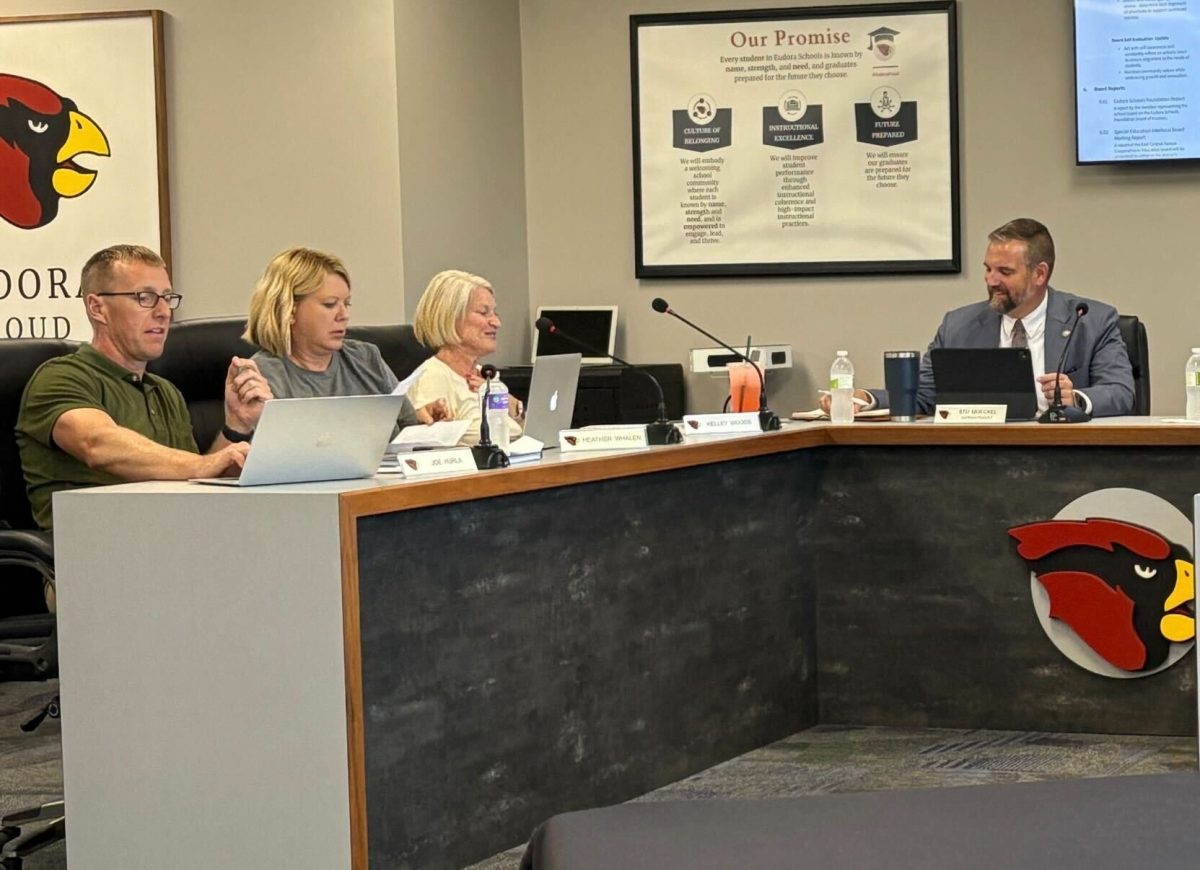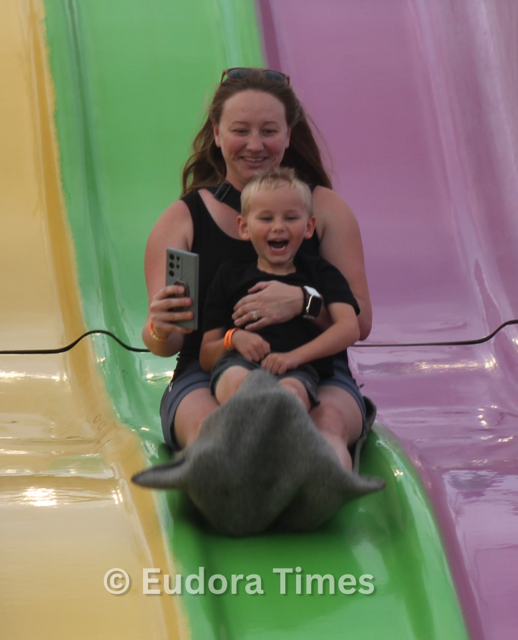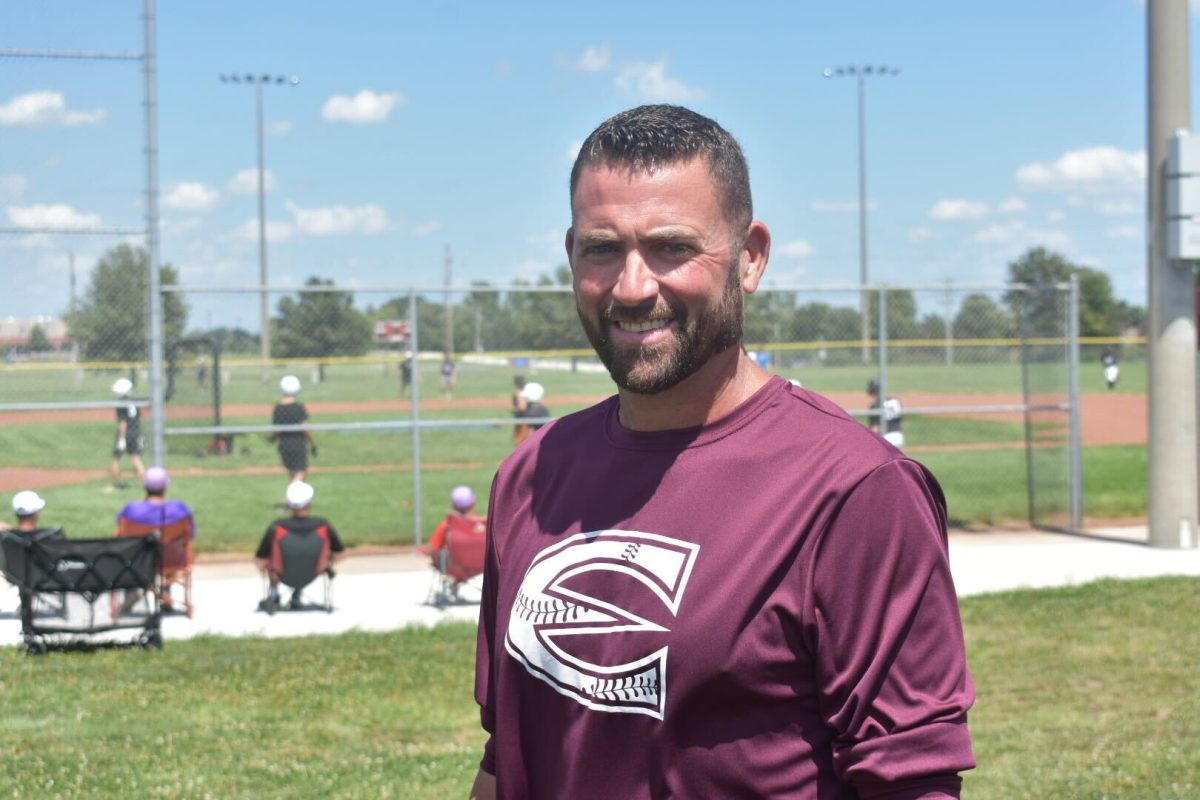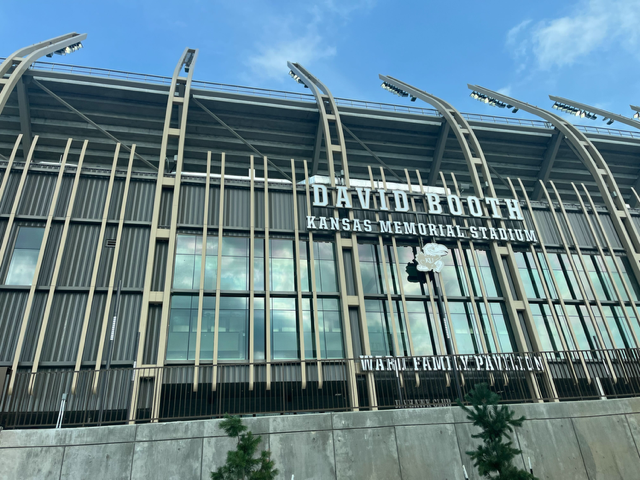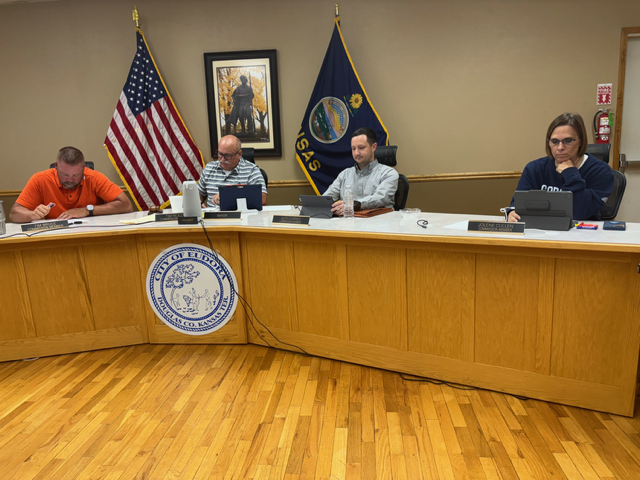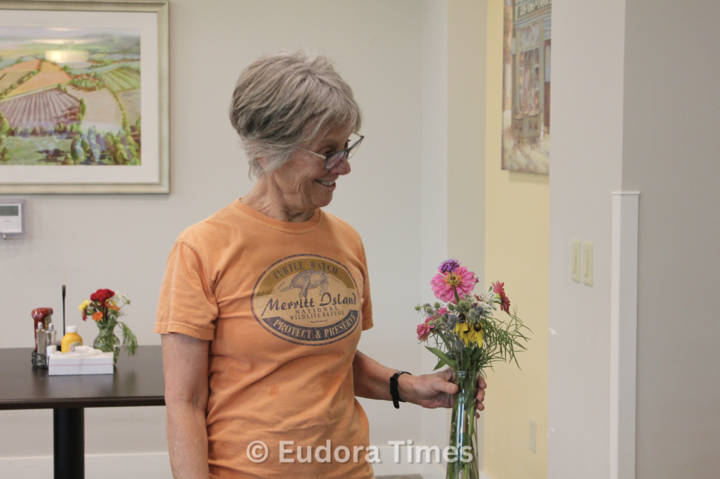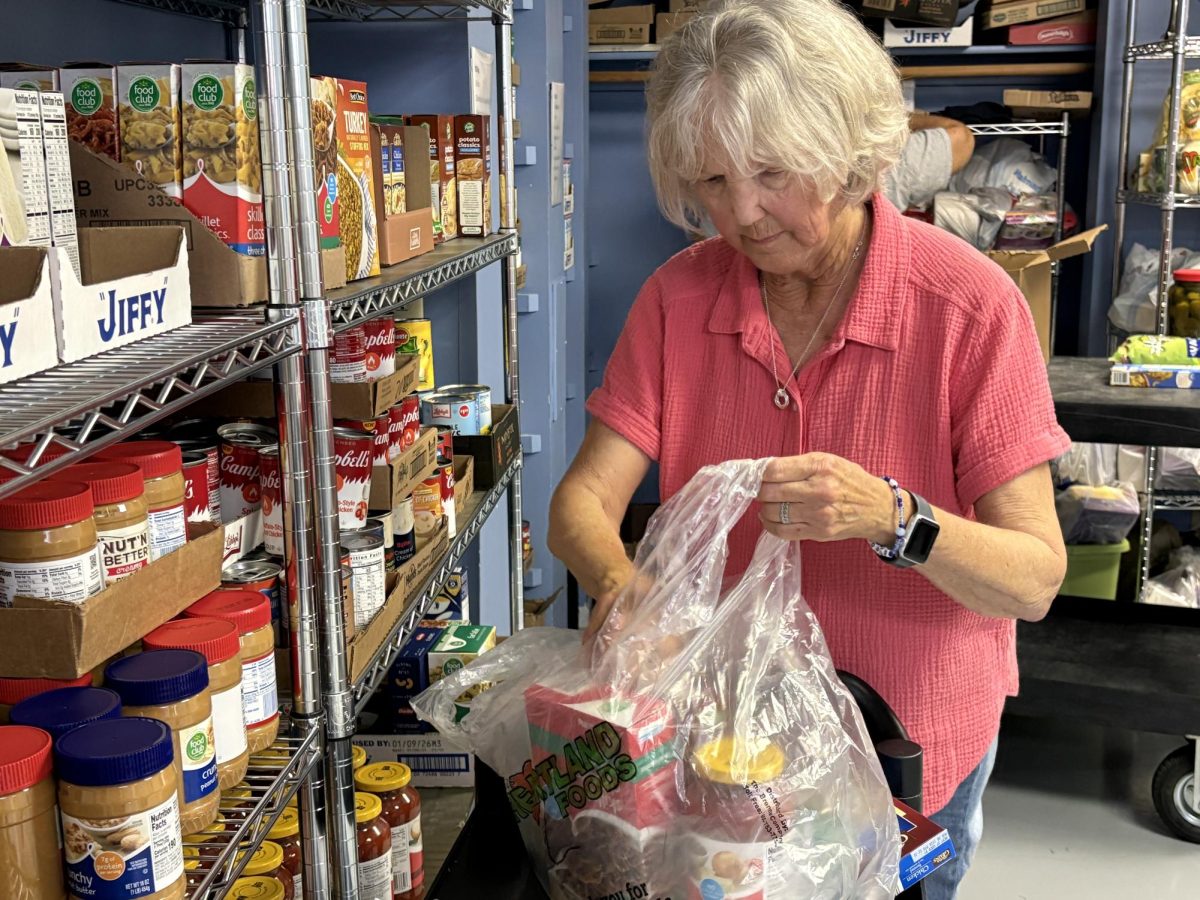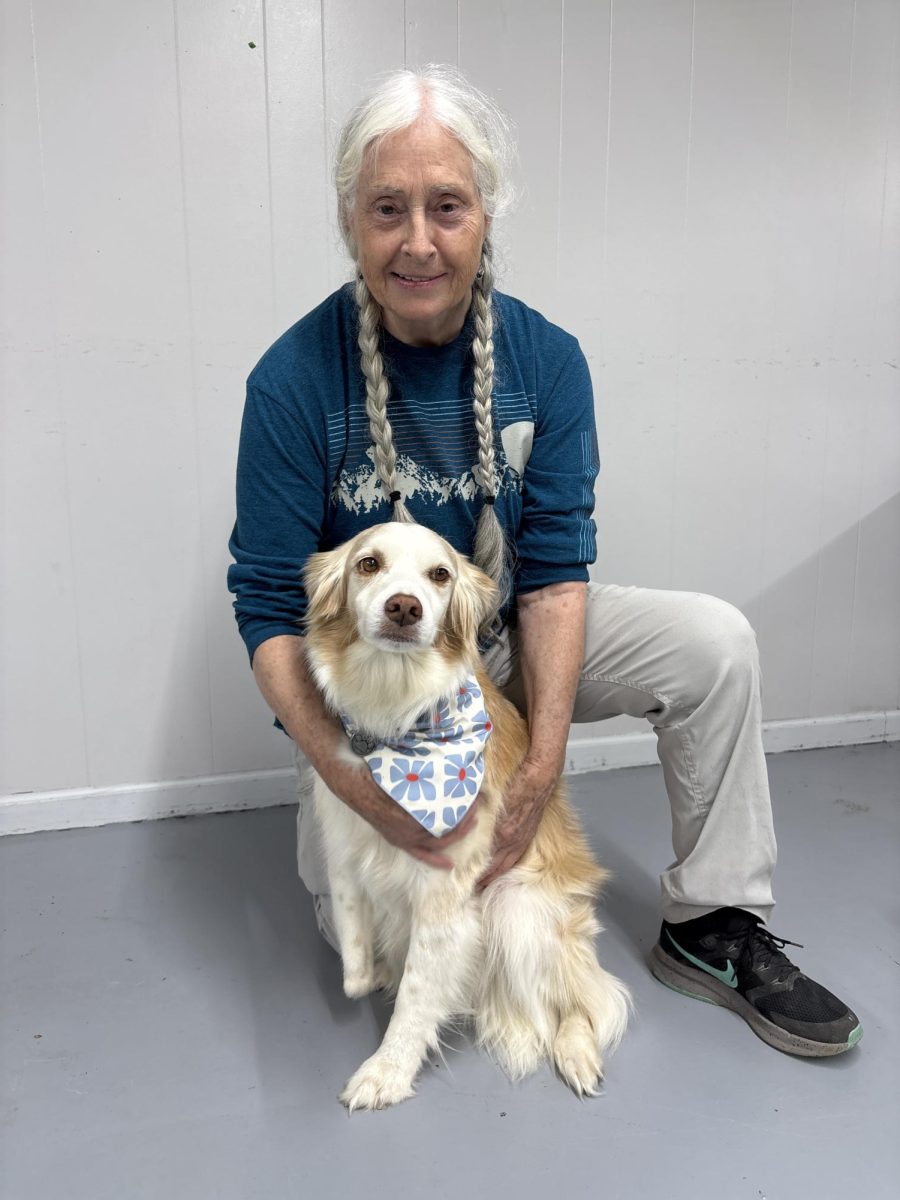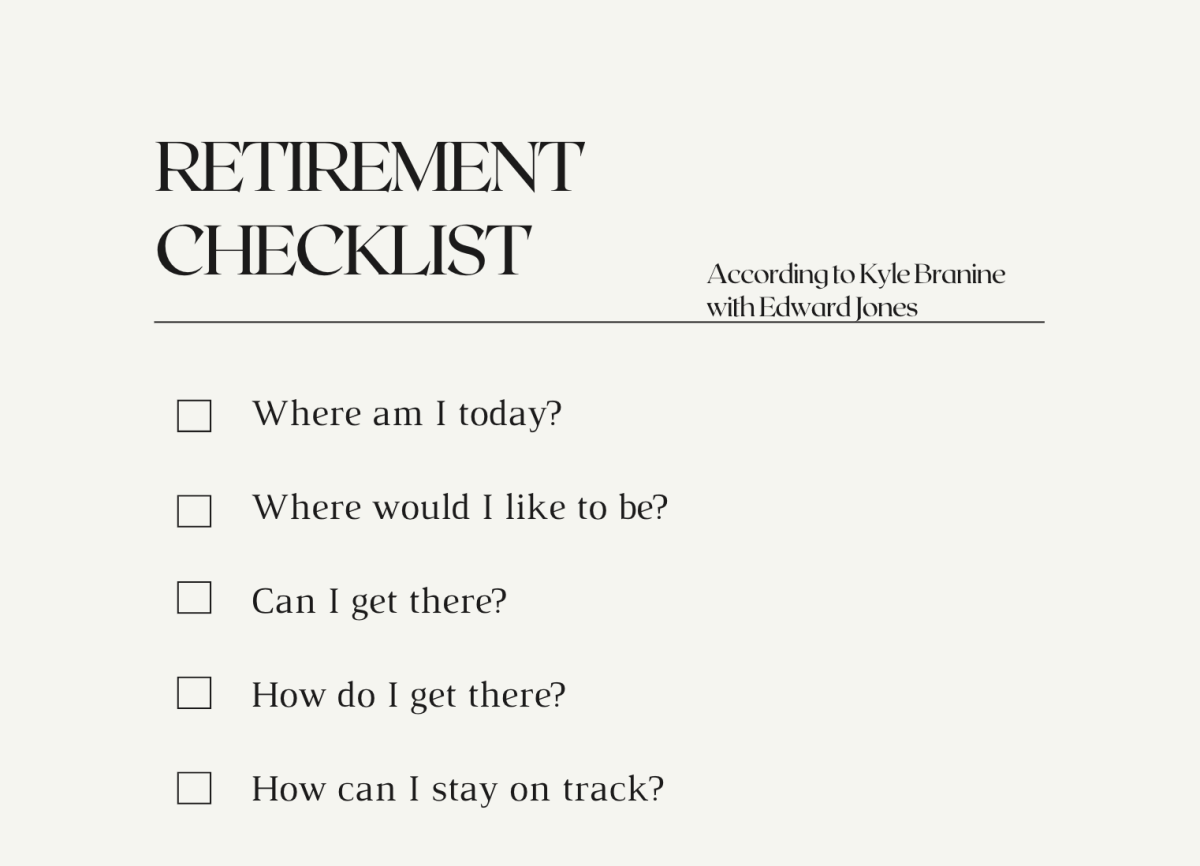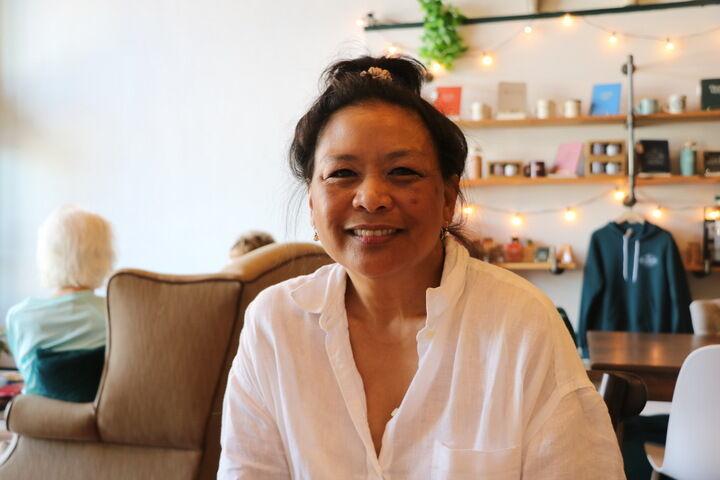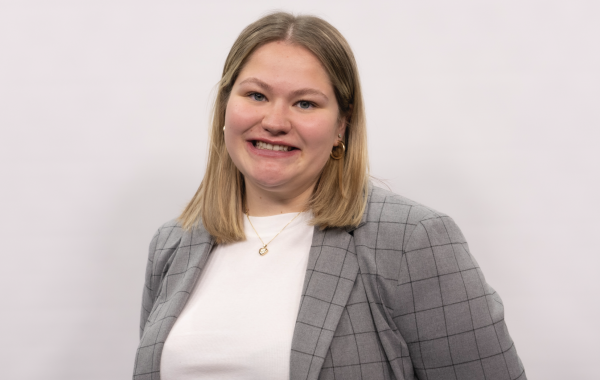Mary Ann Watts had no doubts about her decision to retire.
After spending 40 years at LMH Health and four years as a PRN nurse, she wondered why she didn’t stop working before. She reached a point when she realized she would rather be doing other things and helping with care for family. So, a decade ago, she fully retired at 67.
“If you’re thinking about it, then it is the right time,” she said.
About 10,000 baby boomers hit retirement age each day, prompting a demographic of 70 million people to decide how to spend their retirement years.
All baby boomers will be 65 or older by 2030, meaning boomers are between the ages of 59 to 77 today. With most already in the retirement age, the 65 or older population grew five times faster than the total population from 1920 to 2020, according toCensus data.
In 2020, 1 in 6 U.S. residents was 65 or older. About 8% of Eudora’s population falls into this category.
As more boomers retire, Kansas financial and retirement professionals are preparing for an increase in residents needing support through major life changes.
As experts and local retirees explain below, the decision to retire is not only steeped in financial considerations but also social, psychological, and physical factors as well.
Financial planning for the expected and unexpected
About one in four Americans ages 59 and older have no retirement savings, according to a recent financial survey.
Kyle Branine, a financial adviser with Edward Jones in Eudora, works with people to plan their retirement and how to help best maintain their current income, whether that relies on Social Security, pension or other retirement plans while minimizing taxes. Many seniors plan to leave assets to their children.
“Every individual, every family, they all have different individual needs, and so kind of part of our process is to uncover and understand what those needs are,” Branine said.
He has a five-step process for clients. The first is to take a look at where they are currently at, and second is where they want to go. Branine compared these steps to planning a road trip: where you are and where you want to go within your retirement.
Next, it is important to consider if you can get there, and what goals are possible. The fourth step is to figure out the necessary plans to get there, and finally clients must ask how they can stay on track.
Branine will work to understand your budget and spending, and how it will change once retirement begins. Weighing the answers of the five-step process will allow Branine to help clients decide when the right time to retire is.
It is hard to say when most people in Eudora retire because Branine has clients in both Eudora and Lawrence, and reasons for retirement vary.
“There’s some people that want to retire early. There’s some people that never want to retire. They plan on leaving their normal job, but they want to continue working, that’s another point,” he said.
For the average person, the earliest that you can take your Social Security benefits is 62, and then full retirement benefits are available at 67 but can be delayed to 70. Planning Social Security is important since it may affect each payment if you decide to take it late or early, Branine said.
“So for example, if you wait until the age of 70, you get 132% of your benefit, but if you take it at the age of 62, then you can potentially get 75% of your benefit,” Branine said. “So those are real numbers that add up over a 25-[year] or however many years in retirement.”
Sometimes employees are not fully aware of their employer’s plans, what they have, what will accumulate or how it is invested, but Branine helps create a holistic plan.
Generally, the sooner you start planning for retirement the better.
“The analogy that I would use is the best time to plant a tree is either today or 20 years ago, and obviously it would have been kind of growing a lot longer and get the foundation set,” Branine said.
“Recreate yourself”: Mental health and staying busy
Mary Tritsch, a spokesperson for AARP Kansas, said there are resources for seniors to plan for retirement. It’s important to manage personal finances but also important to consider if you’re mentally ready to retire.
After retiring, individuals don’t have the same day-to-day routine. People must consider what they are going to do with the new time they have, she said.
She recommends retirees find a new routine: a time to wake up, how to make social connections, find new friend groups, travel and see family.
“You sort of have to create a new identity for yourself because maybe you worked all of your life and that’s what people identify you as a person, the job that you do,” Titsch said. “So you might have to think about recreating yourself and figuring out what makes you happy. How are you going to work toward that?”
One of the most common issues facing people entering retirement is that they are bored and lack hobbies, she said.
“We always recommend that you have different ages of friends, not everybody your age, [and] that you find younger friends, because everybody has a different perspective,” Titsch said.
COVID-19 exacerbated these issues and made some older people less comfortable with going out or connecting with those around them.
“Try new things. If you’re bored, then you need to try something different. Think of something that maybe you wanted to try, or a musical instrument you want to play or maybe gardening is your thing and you need to find out more about how to do it or you’re playing games, you know, bridge or anything like that, that really gets you out to more people or engages your mind,” Titsch said.
Another concern of many retired people is that life is done, but Titsch said it is actually an opportunity to reinvent yourself, and try new things without being tied down in a job. Even though it is important to budget and be responsible with retirement funds, it is also important to enjoy life and do things that would make life fun, she said.
Volunteering is also a way to have meaningful connections and shared interests among other residents while doing something for the greater good.
Peggy Johnson said she turned to making a lot of lists after her retirement to help make every day fulfilling. She focused on daily and long-term goals for things she couldn’t make time for as a full-time teacher.
After spending about 20 years in the Eudora school district, Johnson decided to retire last May at 56 to focus on herself. While she loved being an educator and getting to teach third grade, Johnson decided it was time to focus on her own mental health.
With changes in education, especially those that came with COVID-19, Johnson said she was more tired than usual.
“My first year [after retiring], I made a list of things I needed to do, [or] wanted to do, whether it was tasks at home or ‘Don’t forget to send off those birthday cards,’ because I was always delayed in all of those things,” Johnson said.
Right after her retirement, Johnson didn’t feel like every moment had to be productive and instead she took time to relax. She feels comfortable with the free time she has, but said she is still early in her retirement and that could change.
Since retiring, Johnson has become more in touch with herself and more present with the relationships in her life.
By retiring early, Johnson felt she could get out while she was still fresh and able to further refine and reflect on herself and her life.
Johnson has enjoyed getting to be more mindful in her yard, even if it’s just pruning or watering. She has caught up on things she used to only be able to do occasionally, whether it’s cleaning or reading new kinds of books.
During her time as a teacher, she had an extremely structured and organized schedule. Retiring gave her the opportunity to be more relaxed and intentional with her daily life.
Johnson said she misses the kids and the camaraderie of her team, but she feels content with her decision to retire.
“I just wanted to kind of refine myself. It was just time,” Johnson said. “When the time is right, the time is right.”
Deciding who you want to be in retirement
David Ekerdt, a retiree himself and a former sociology and gerontology professor at the University of Kansas, researches the ways that retirement affects health, marriage and mental health.
There are two things Ekerdt talks about for those nearing or transitioning into retirement; do and be.
People will ask, ‘What are you going to do with yourself?’ Ekerdt said. There are several models to look at when deciding who you want to be after retiring, he said.
Leisure and self-development asks retirees what they are going to do to enrich their life and enjoy themselves.
Another is maintaining your physical integrity, whether that looks like diet, exercise or taking care of your mind to ensure you can remain independent for as long as possible. Ekerdt said the third model is family devotion, spending time with children or caring for grandchildren.
Altruism is another model for retirees to weigh. Many are encouraged to volunteer, engage with organizations or take part in political activism, Ekerdt said.
However, he also said it’s important to not just jump into things. There may be a lot of pressure to pick up new lifestyles right away, but there is no rush.
“My joke is you should take a gap year to figure it out once you retire, and not feel as though you’re forced to do this or do that,” Ekerdt said. “Take some time to figure it out, work out exactly what you will be doing, and part of that then will be figuring out who you want to be, what will be your identity in retirement.”
Lastly, Ekerdt said a work model can still apply for many retirees. Even after all the excitement of retiring, many go back to work, and that is okay, he said.
These concepts and models don’t always apply to those who involuntarily retired if they become ill, a family situation arises that made them retire or other reasons, Ekerdt said. It is important to recognize that some people can’t enjoy retirement to the extent that they thought they would.
Ekerdt cautioned against retirees attempting to interfere too much with their children’s lives or previous places of employment.
Fostering relationships and reinventing how to be with your partner or children is also necessary following retirement. People may have to relearn how to be with their partner in the same house.
Mary Ann Watts said she and her husband, Charlie, did have to adjust to both being home more often, but they made it work.
“We got through it,” she said. “I had to say sometimes, ‘Hey, this is what I’m doing. You do your own thing.”
Going from a medical career with strict and long hours to a retired, relaxed lifestyle was a lot to adjust to, she said. Although she was glad to not have to go to work at 3 a.m., she missed co-workers.
To compensate for losing some work friendships, Mary Ann took a dive into volunteer work. She served as a court appointed special advocate before she realized she was wearing herself out.
“I was doing too much,” she said. “I decided, you know, I’m gonna slow down, so I just kind of picked what I wanted to do.”
Now, once a week, she drives the Senior Wheels van in Eudora. It gives her the opportunity to visit with other seniors and have fun.
Mary Ann and Charlie moved closer to town after living in the country to be around more friends and community activities. They spend a lot of time in the yard and garden together. Charlie has also taken up fishing.
Charlie retired as the principal of Eudora High School in 1998, but that wasn’t the end of his career.
Charlie decided he wanted to continue building homes after his almost 30-year career in the district. He continued to build a few homes a year for about 10 years until the market went south, but he still owns and maintains rental properties.
Getting to be self-employed was a great new path for him, he said. Continuing to work gives him a sense of purpose and keeps him busy, he said. Many others have also found secondary jobs for financial or social purposes after retiring.
“The reality of it is that I do enjoy [working],” Charlie said. “If I’m not productive doing something, I feel worthless.”
His advice is to have a plan, and make sure to find joy in the things you’re doing even if that means working.
“Even from the youngest to the oldest, have a plan, have goals that you set for yourself, and then work toward those,” Charlie said.
Additional Resources
One of the resources available to seniors is the AARP retirement calculator available on aarp.org. The calculator will combine your current finances with what you need to remain comfortable for the rest of your life. Other quizzes and live seminars are available at aarp.org. There are also Kansas events and resources available by clicking here.
What senior stories would you like to see explored next? Reach Sara Maloney at [email protected].
Peggy Johnson retired from teaching in 2022 after about 20 years in the district. She has learned the value of spending time reflecting and being mindful of herself during her newfound free time. Johnson focuses on relationships, gardening and catching up on all the things she missed while being a full-time educator.
